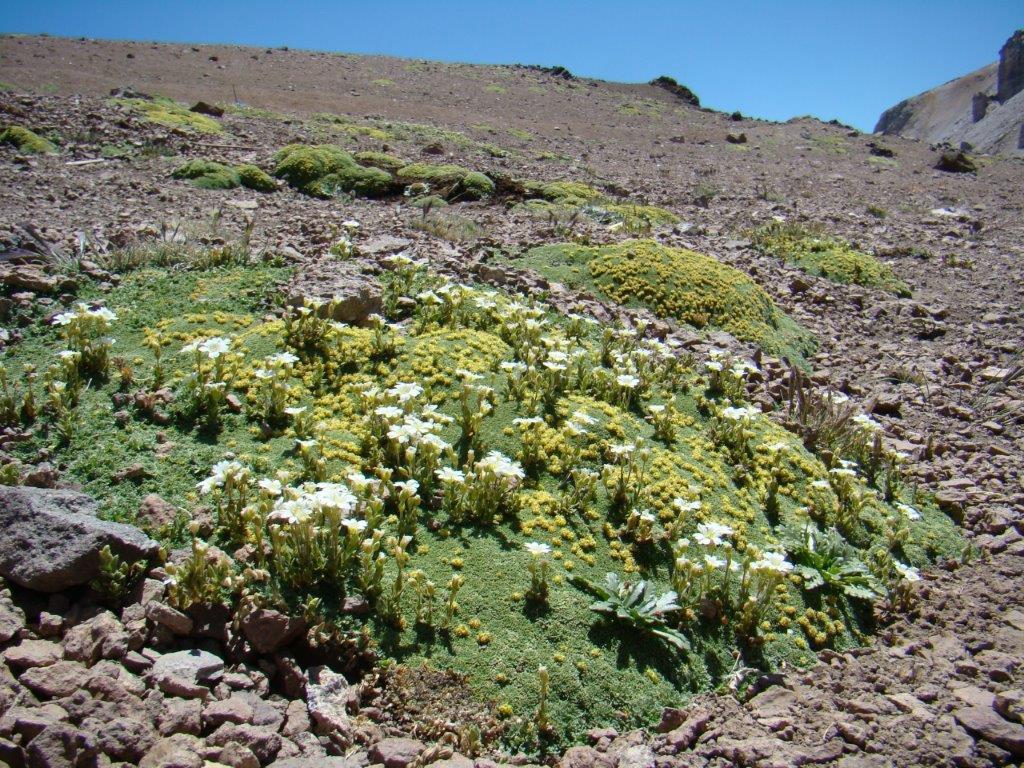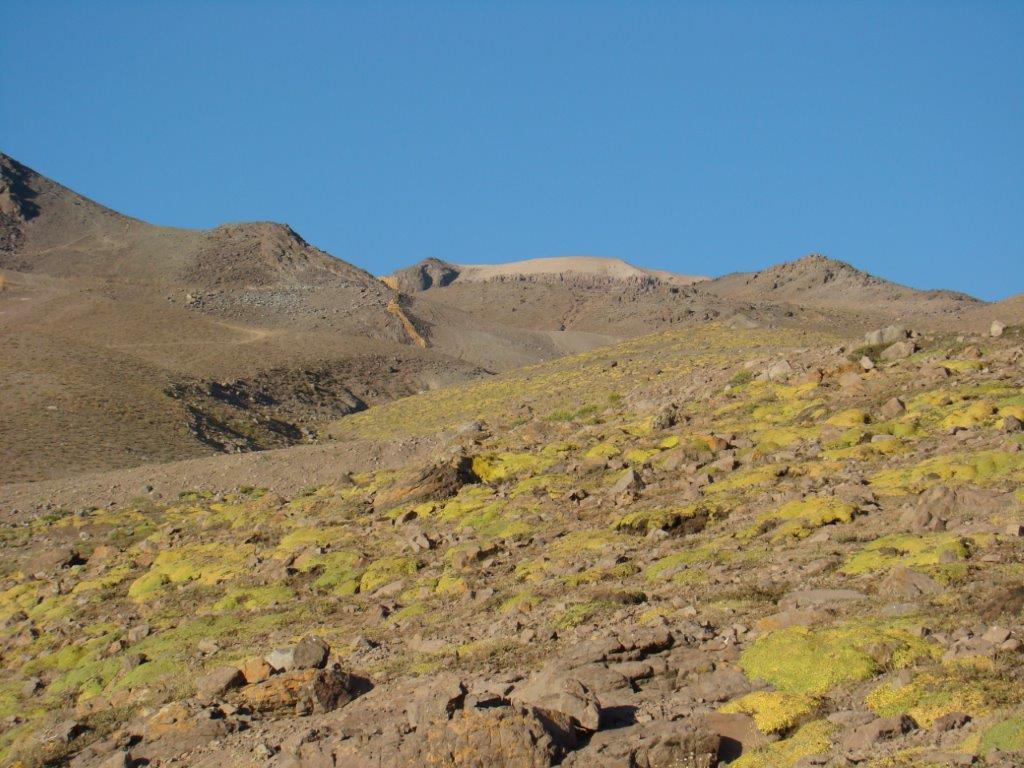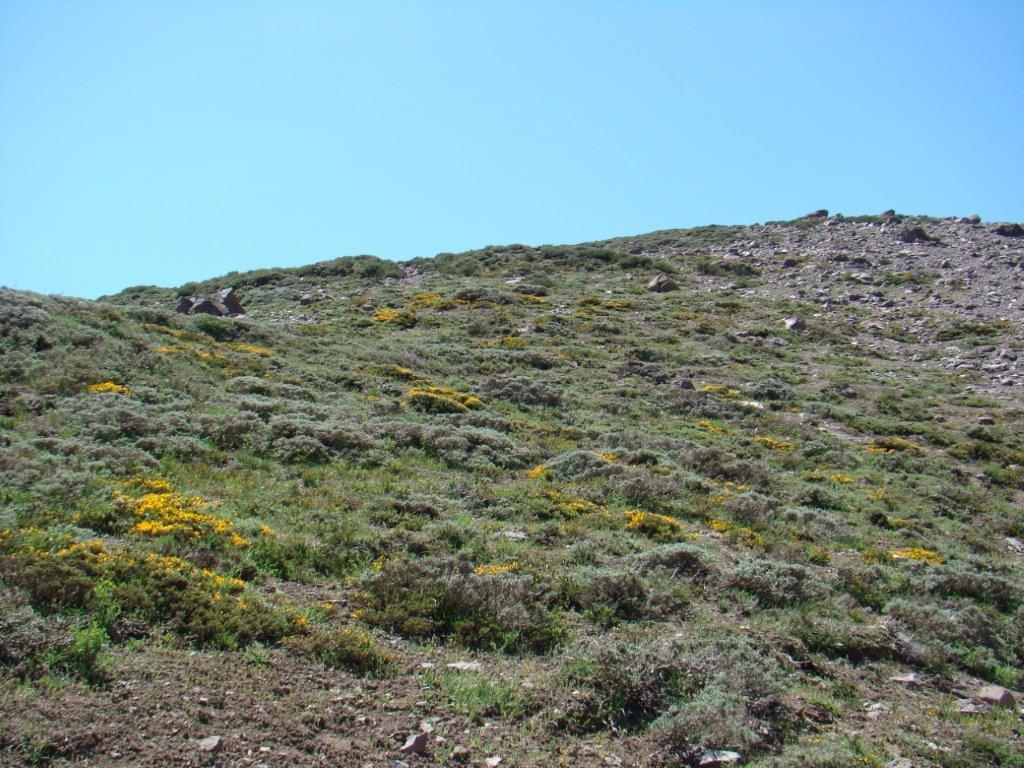Plant Functional Traits Course 5
The 5th International Plant Functional Traits Course will be held at Wayqecha, Peru 9-22 March 2020

Main content
TraitTrain International Plant Functional Traits Courses offer hands-on training in different applications of plant functional traits ecology within a real-life field research project setting. During this 5th course, students will collect and explore plant functional trait data in the field and use trait-based approaches within climate change research and ecosystem ecology.
Trait-based ecology incorporates important methods and approaches that enable a powerful approach to predict how climate and biotic interactions shape plant community dynamics and ecosystem functioning. This course will provide students with essential background knowledge and the practical field, lab, and computational skills needed for conducting their own research within trait-based ecology.
The PFTC5 course will be held at the Wayqecha Biological Station in the Peruvian Andes, 9-22 March 2020 with pre-course preparatory work in January-February 2020. In Peru, we will work in the Puna grasslands, at elevations from 3000-5000 masl, above the treeline and overlooking the Amazon. It is a fascinating, and truly beautiful study system.
Students will be introduced to the environmental, ecological, and taxonomic diversity of the region, and given hands-on instruction in relevant theory and methods of ecophysiology; community, ecosystem, and climate change ecology; population biology; computational biology; and data management. Students will work in five groups:
- We have collected ample data from along the elevational gradient in the Puna. However, we still lack information and focus on intra- vs. interspecific variability in plant traits along the elevational gradient. This group will use elevational data and collaborate with group 2 to understand how this variability impacts on leaf ecophysiology. Group leader: Dagmar Engelkraut
- Assessing how temperature variation and leaf functional traits influence leaf ecophysiology. This group will collaborate with Group 1 to study plants from the plots that we set up along the elevational gradient in PFTC3. Group leader: Sean Michaletz
- As cushion plants are not really available in the Puna, we will instead focus on trait responses to fire. The Puna is a naturally fire-prone ecosystem, and fire may be important in controlling the dynamics and ecology of the system. However, many aspects of fire dynamics are not well understood. Since we were last there, there have been several fires and we will study community and trait responses to fire (and time since fire) at different elevations. Group leader: Ragnhild Gya
- Measuring how trait composition influences ecosystem functioning by measuring CO2-flux within and across plant communities. This group will collaborate with group 3 and mainly focus on ecosystem C dynamics in response to (time since) fire, but also elevation. Group leader: Sandra Duran
- Assessing canopy traits through reflectance spectra: from leaf to landscape-scale using drone technologies. This work has not previously been done in Peru and the group will concentrate on the elevational gradient, but also collaborate with all other groups to include the fire gradient. Group leader: Marc Macias-Fauria
Through developing and conducting research projects to explore the potential of plant functional trait-based approaches in understanding the biodiversity and ecosystem functioning of the study area, PFTC5 students will build key research skills in planning and conducting trait-based field campaigns. You will gain practical experience in measuring plant functional traits and and related physiological, plant community, and ecosystem data in the field using standard protocols. You will become familiar with taking measurements using ecophsyiological equipment including LiCor 6400 and LiCor 7500. You will learn about the structure and analysis of trait data, be introduced to best practice data management and reproducible coding, as well as having the opportunity to analyse and interpret data yourself. You can read about previous courses in China, Peru, and Svalbard below.
An added element of this course is its innovative inclusion of a 'Science Communication Module’ (SCM). During the SCM, participants will complete a short research project, on-site, on local perceptions of climate change. We will then discuss these findings in light of current challenges to climate-science communication, the need to incorporate local ecological knowledge, and ethical concerns of conducting fieldwork in remote locales.
The course is aimed at graduate students – both MSc and PhD – and will give a broad introduction to and hands-on experience of different aspects of trait-based ecology. You will work with international instructors, in teams, and collect research-grade data in the field to address a specific research question.
The course fee (~6000 NOK) covers costs for accommodation, food, and transport in Peru. The location is reachable by bus from Cusco, Peru, where we will be assembling at the start of the course. For internal students at the University of Bergen, the University of Arizona, and the University of Concepción, funding is available to help offset cost of travel to Peru. Some external participants may also be offered funding to support their travel to Peru.
Pre-course timeline
• January 2nd: Group leaders will contact you with a list of publications relevant to each project to read and review.
• February: Online lectures about theoretical and empirical approaches to trait-based ecology, and the natural history of the study system and region.
• February: Group leaders will schedule at least 2 dates to discuss literature and at least 1 date to discuss project design and data documentation, either via email deadlines for submitting summaries of specific papers and commenting sharing ideas via skype, google drive, or other tools appropriate for interactive classrooms (e.g. Twiddla, Yammer).
• February 15: Deadline 1 for paper review.
• February 28: Deadline 2 for paper review.
• March 8th: Deadline for the first draft of the course data documentation files.
• April 8th: Deadline for the final course data documentation files.
Practicalities
All flights to Cusco, Peru should be scheduled to arrive at the latest on 8 March and depart at the earliest on 23 March. Please do not book flights until we have confirmed receipt of your course payment.
The course is organised by Professors V. Vandvik from the University of Bergen, Norway and B. Enquist from the University of Arizona, USA with previous collaboration with Professor Lohengrin Cavieres at University of Concepción, Chile.



